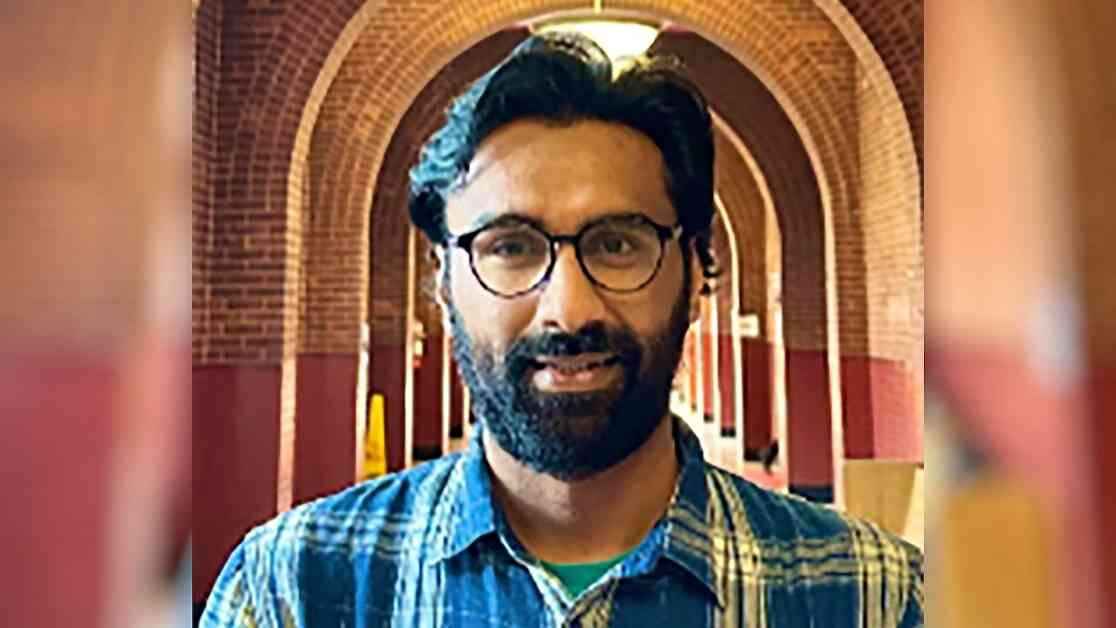A federal judge done ordered a Georgetown scholar who has been detained based on his pro-Palestinian speech to be released on bail. Dr. Badar Khan Suri, a visiting scholar, might be set free from the slammer in Texas by Wednesday, once Immigration and Customs Enforcement officials get a written order from Judge Patricia Giles from the Eastern District of Virginia. The judge, during a court hearing, backed up the ACLU’s argument that Suri, who had legal status, was nabbed based on his protected First Amendment speech endorsing Palestine. She said he was unfairly penalized because of his wife’s past work with the Gaza foreign ministry and his father-in-law’s link to a now-deceased Hamas leader. Suri’s wife is a U.S. citizen, his lawyers mentioned.
Judge Giles made the call that Suri ain’t a flight risk and ain’t a danger to the community, so he should be let out on bail while continuing his separate removal proceedings. She also criticized the government for not presenting any further arguments or evidence to refute the claim that Suri is being retaliated against for his First Amendment protected speech. The judge pointed out the harm caused by Suri’s continued detention in Texas, emphasizing the chilling effect it has on free speech protected by the First Amendment. She laid out conditions for his release, such as residing in Virginia, attending all court hearings, and explicitly preventing the government from redetaining him without a 48-hour heads-up to the court and his counsel.
The court hearing, which saw the presence of dozens of people including Suri’s family, friends, colleagues, and advocates, was hailed as a victory by the ACLU of Virginia. Suri’s wife, Mapheze Saleh, expressed her relief at the judge’s decision, emphasizing that her husband’s beliefs pose no threat and that he is a scholar dedicated to freedom, truth, and justice. Suri’s arrest on March 17 by ICE agents outside his Virginia apartment building was met with accusations from the Department of Homeland Security that he was spreading Hamas propaganda and promoting antisemitism on social media. However, Suri’s lawyers argued that his detention was part of a policy to punish noncitizens like Suri for their family ties to individuals critical of U.S. foreign policy concerning Israel.
As the case continues to unfold, Suri’s release on bail marks a significant turning point in a series of detentions of students with similar backgrounds. The judge’s decision to release Suri emphasizes the importance of protecting free speech rights, regardless of one’s citizenship status. The ongoing legal battle underscores the complexities of balancing national security concerns with fundamental constitutional protections.














